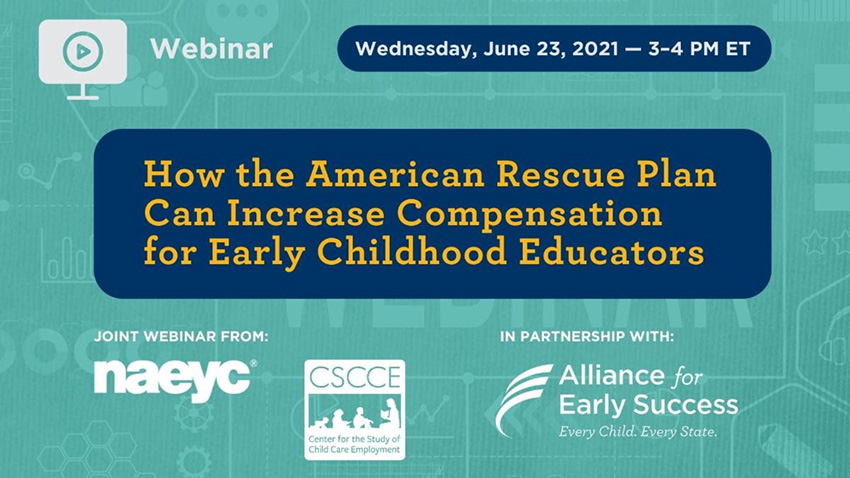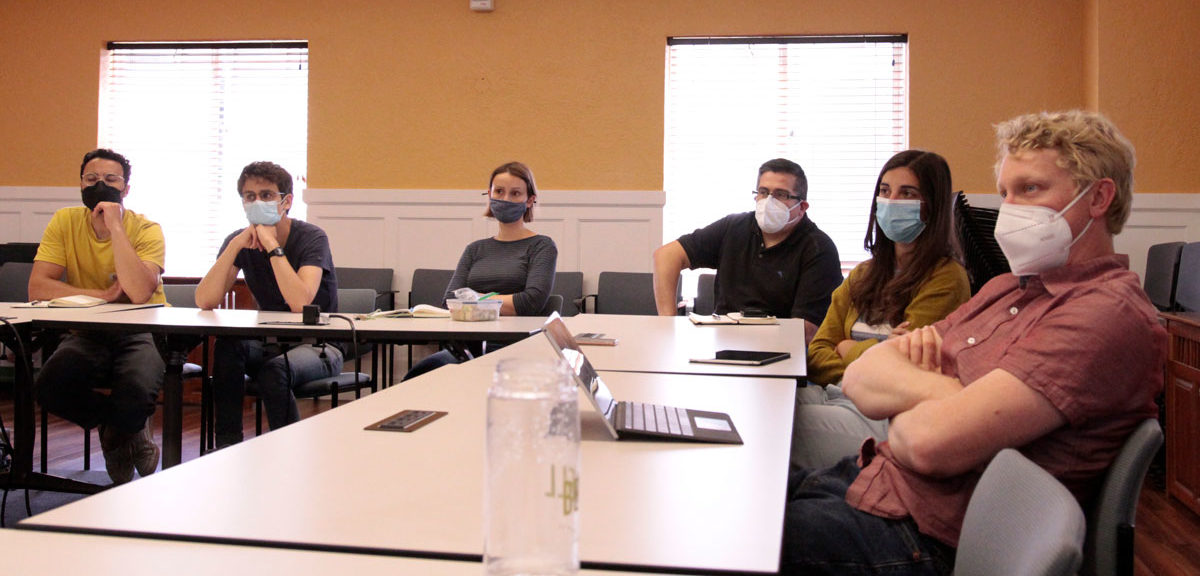Seminars
Wage Shocks and the Technological Substitution of Low-Wage Workers
» Wage Shocks and the Technological Substitution of Low-Wage Jobs (PDF)
Layoff Rules, the Cost of Job Loss, and Asymmetric Employer Learning
I study how downsizing establishments choose which workers to lay off and how the cost of job loss varies by the type of layoff rule using administrative employer-employee data for West Germany. I estimate establishment-level layoff rules for over 4,400 mass layoffs from 1980 to 2009 and explore how layoff rules have changed over time
(Re-)Locating the Local and National in the Global: Multiscalar Political Alignment in Transnational European Dockworker Union Campaigns
Labor activists have called for greater international coordination among trade unions in response to the assault on organized labor by global capital, but such coordination faces many hurdles. Under what conditions can unions overcome those barriers and coordinate effectively to achieve campaign goals? I examine this question through a comparison of European-level international solidarity with
The Pass-through of Minimum Wages into US Retail Prices: Evidence from Supermarket Scanner Data
We study the impact of 160 increases in state-level minimum wages on the dynamics of prices in local grocery stores. We find that the impact of raising minimum wages on prices is small, significant, and occurs in the months following minimum wage legislation and preceding implementation. Our estimates of the minimum wage elasticity of grocery
The effects of minimum wages on employment: using a bunching estimator
IRLE Director's Room 2521 Channing Way, Berkeley, CA, United StatesReference Pricing in the Case of Screening Colonoscopies
IRLE Director's Room 2521 Channing Way, Berkeley, CA, United StatesRising healthcare costs and methods to contain these costs are of great interest and relevance for private and public agents. We examine one such strategy by analyzing the introduction of a reference-pricing program by a large health insurer. Reference pricing set a maximum reimbursable amount for screening colonoscopies if they were performed at a higher-cost
Coordinated leisure and energy policy
IRLE Director's Room 2521 Channing Way, Berkeley, CA, United StatesStandard models of labor supply do not account account for the fact that leisure consumed simultaneously across millions of people may be different than its isolated consumption by individuals. We enrich the standard model to account for such "coordinated leisure" and demonstrate a role for the government in selecting from multiple potential coordinated equilibria. Optimal
Seeing Like a Market
IRLE Director's Room 2521 Channing Way, Berkeley, CA, United StatesWhat do markets see when they look at people? Information dragnets increasingly yield huge quantities of individual-level data, which is analyzed to sort and slot people into categories of taste, riskiness, or worth. Developed to better understand and improve customer experience, these tools also define new strategies of profit making. In this mainly theoretical talk,
Expansion or Diversion? New Universities and Enrollment Choices in California
IRLE Director's Room 2521 Channing Way, Berkeley, CA, United StatesDo non-tuition costs constrain college access? From 1995 to 2005, four new public universities in California began admitting first-year students. I exploit these new campus openings to test if relaxing distance cost constraints will increase four-year college enrollment among local high school graduates. I show that distance is still influential in the first-time enrollment of
The Effect of the EITC in the District of Columbia on Poverty and Income
IRLE Director's Room 2521 Channing Way, Berkeley, CA, United StatesUsing unique longitudinal administrative tax panel data for the District of Columbia (DC), we assess the combined effect of the DC supplemental earned income tax credit (EITC) and the federal EITC on poverty and income within Washington, DC from 2001 to 2013. The EITC in DC merits investigation, as the DC supplement to the federal
Immigration Policy in Japan and South Korea
Ethnic Studies Conference Room 554 Barrows Hall, Berkeley, CA, United StatesImmigration policies drastically expanded in Japan and South Korea, but the reality migrant workers face in both countries are not as promising. The general resistance of unskilled immigration and the demands of labor shortages and shrinking populations have been accommodated with ad hoc governmental policies. Under the supervision of Professor Keiko Yamanaka, UC Berkeley undergraduate
Immigration Reform in Californian Agriculture and the Tech Industry
Heyns Room, The Faculty Club Minor Lane, Berkeley, CA, United StatesThe workshop aims to discuss the consequences of both labor shortages and immigration policies in Californian agriculture and the tech industry. Particular attention will be paid to the H2A and H1B guest worker programs and their consequences for employers, employees and the industries more broadly. The workshop seeks to identify policies that benefit all stakeholders.
Special Event: Labor & Research from the UK
IRLE Director's Room 2521 Channing Way, Berkeley, CA, United StatesJoin IRLE January 21, 1-4 pm, as we welcome researchers from the Centre for Decent Work, Sheffield University, UK. They'll share research on how bogus self-employment, labor and automation, and Brexit are affecting UK and European workers. Schedule 1:00 - 2:15 pm | Bogus Self-Employment and the Platform Economy in Europe This presentation, which will
The Future of Cash Bail in California
OnlineExplore the implications of the recent In Re Humphrey decision for defendants, what we’ve learned from San Francisco’s implementation of Humphrey since January 2018, and the challenges that counties may face in implementing the decision.
How the American Rescue Plan Can Increase Compensation for Early Childhood Educators
OnlineJoin NAEYC and the Center for the Study of Child Care Employment to learn more about why and how states can use child care relief funds to increase compensation for early childhood educators and address child care supply, quality, and equity.
Weekly Visiting Scholar Seminars
IRLE Director's Room 2521 Channing Way, Berkeley, CA, United StatesWe're thrilled to welcome a new cohort of visitor scholars from universities around the world and to once again host in-person events in our building. Join us every Wednesday at noon in the IRLE Director's Conference Room for our weekly lunchtime seminars, where visiting scholars and Berkeley scholars present their research. All members of the IRLE





